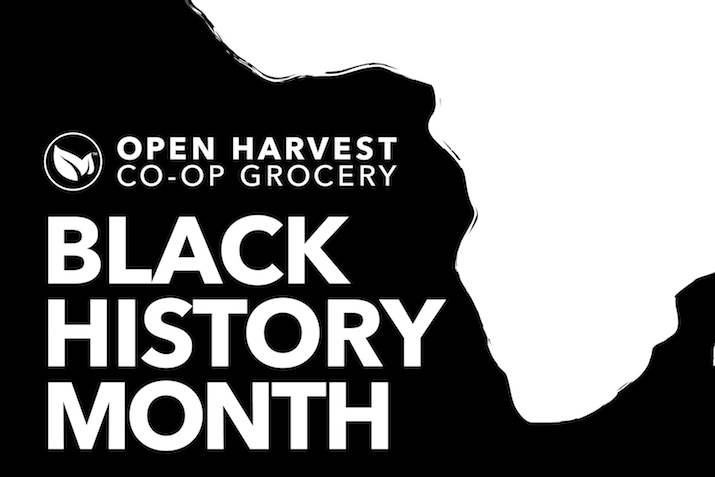
The Legacy of African American Co-ops
February is recognized as Black History Month in the United States. Traditionally, its focus has been to celebrate the contributions of African Americans in the U.S.
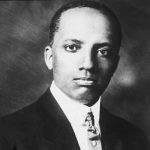
Carter G. Woodson
Carter G. Woodson pioneered the celebration that started as out as a week in February in 1926, to its current month-long celebration. At Open Harvest, it is important that we honor the legacy of African Americans in the co-op community.
The contribution of cooperative economics in the African American community spans generations. We hope you’ll gain a deep appreciation for co-ops and the contributions that African American leaders have made.
Cooperation as an Antidote to Economic Inequality
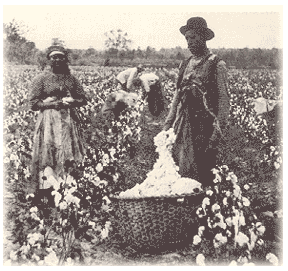 In the 1880s, The Colored Farmer’s Alliance (CFACU) formed to establish African American leadership and control over racial agrarian reform in the South. The union operated under fear and harassment by the white plantation block, but managed to operate several cooperatives in the late 19th century before having to disband. Members of the CFACU shared agricultural techniques and innovations, and coordinated cooperative efforts for planting and harvesting. CFACU promoted alliances between farmers and laborers, and was active in local and regional politics – to maintain rights for African Americans after Reconstruction. Best estimates are that the CFACU had over 1 million members and was the largest Black organization of its time.
In the 1880s, The Colored Farmer’s Alliance (CFACU) formed to establish African American leadership and control over racial agrarian reform in the South. The union operated under fear and harassment by the white plantation block, but managed to operate several cooperatives in the late 19th century before having to disband. Members of the CFACU shared agricultural techniques and innovations, and coordinated cooperative efforts for planting and harvesting. CFACU promoted alliances between farmers and laborers, and was active in local and regional politics – to maintain rights for African Americans after Reconstruction. Best estimates are that the CFACU had over 1 million members and was the largest Black organization of its time.
In 1907, W.E.B. Du Bois wrote a monograph as part of his Atlanta University series entitled, “Economic Cooperation among Negro Americans”. Du Bois explained that Blacks have pooled resources through churches, mutual aid societies, fraternal organizations, and jointly owned businesses. Mutual Aid Societies and Beneficial Societies provided joint purchasing and marketing, revolving loan funds, health care, support for widows and orphans, and death benefits. Many were founded and headed by Black women.

W.E.B. Du Bois
These mutual aid societies were the precursors to the African American owned cooperatives. Often white landlords, insurance agents, banks, and even the federal government created barriers to thwart the success of these businesses by raising the rent, refusing a line of credit, withdrawing an insurance policy, or even accusing the company of fraud. This would also happen with Black co-op businesses.
At the time, Du Bois documented 154 African American-owned cooperative businesses: 14 “producer cooperatives,” 3 “transportation cooperatives”, 103 “distribution or consumer cooperatives and 34 “real estate and credit cooperatives”.
Du Bois’ work provided cooperative economics education, and inspired Black leaders to start consumer cooperatives in their own communities.
Co-ops in the 1920s
In the late 1920s, Booker T. Washington’s Black Negro Business League created The Colored Merchants Association, a co-op of independent Black grocers around the country.
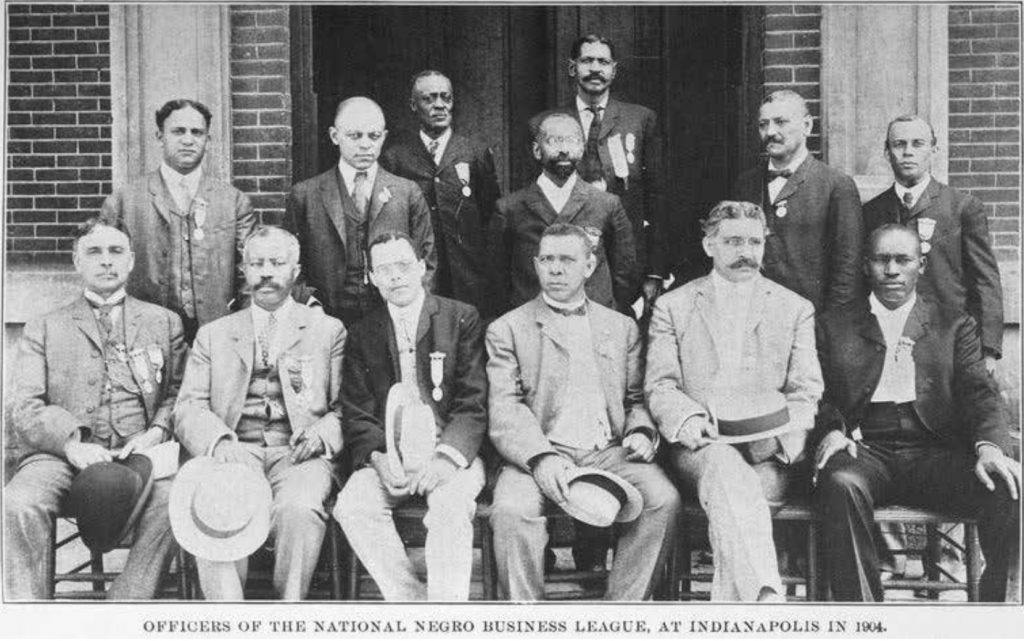
The CMA was an association of independent grocers organized into a buying and advertising cooperative. The creation of the CMA was a way to support independent Black grocery stores with mutual support and collective marketing – in a harsh market dominated by chain stores. Chapters were organized in cities with ten or more stores.
By 1930, 253 stores were part of the CMA network, including 10 in Omaha, NE. The CMA was relatively successful for several years, but the major chain grocery stores gave fierce competition and often undercut the prices of the Black CMA stores. The National Negro Business League also included a couple of credit unions, which helped to keep money in Black hands and provide affordable financial services.
Co-ops in the Civil Rights Era
In the 1960s and 70s, the majority of civil rights organizations were quietly supporting co-op development. Co-ops were still considered communist following the McCarthy era, so these organizations did not publicly promote co-ops. But if you look into the community development efforts and how the organizations earned money, and even where leaders were developed, they were practicing cooperative economics.
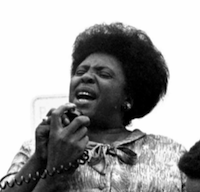
Fannie Lou Hamer

Meeting of the FSC
In 1967, five major civil rights organizations worked together to form the Federation of Southern Cooperatives with initial grant money from the Ford Foundation. The FSC developed cooperatives throughout the South — mostly farming and supply co-ops, but also credit unions, housing co-ops, worker co-ops. The FSC still operates today.
In 1969, after fighting for voting rights for a decade, Fannie Lou Hamer started an affordable housing program and collective farm called Freedom Farm.
She explained her reasoning:
When we registered to vote, they — white supremacists — kicked us off the farms, threw our things in the street, and we had nothing. They retaliate against us economically. But if we start by owning our own land, growing our own food, owning our own homes, then when we are politically active they are less able to retaliate against us.
The Future of Cooperative Economics
Today, there’s a growing interest in economic cooperatives. We now know that cheap food is built on cheap labor. When people are not paid fairly, we perpetuate the same system of inequality that we are trying to end. Today’s food co-ops must accomplish both: Make a commitment to end poverty by supporting economic models that are fair, just, and healthy and deliver healthful food to its owners.
Black cooperators continue to work together, study together, share resources, create jobs, provide affordable goods and services, develop leaders, and build economic solidarity.
Successful models of every kind of co-op have been developed, from farming to catering, food production, grocery, retail, health care, journalism, education, and financial cooperatives.
Co-ops have often been a tool toward the elimination of economic exploitation and the transition to a new economic and social order.
Sources / More Information
– Federation of Southern Cooperatives www.federationsoutherncoop.com
– Food First www.foodfirst.org
– Grassroots Economic Organization www.geo.coop
– Seward Community Co-op www.seward.coop
